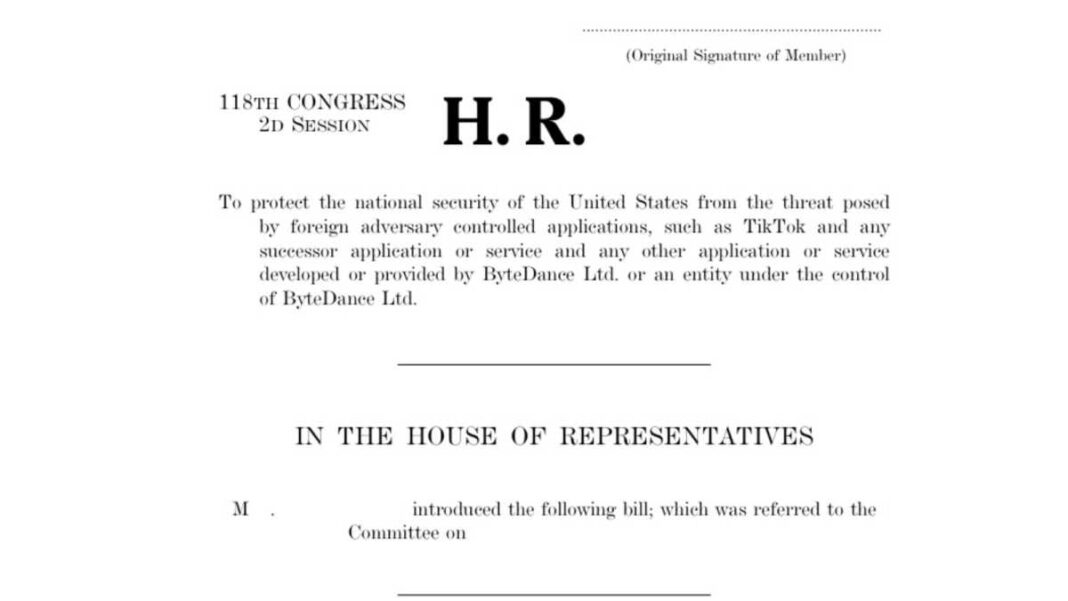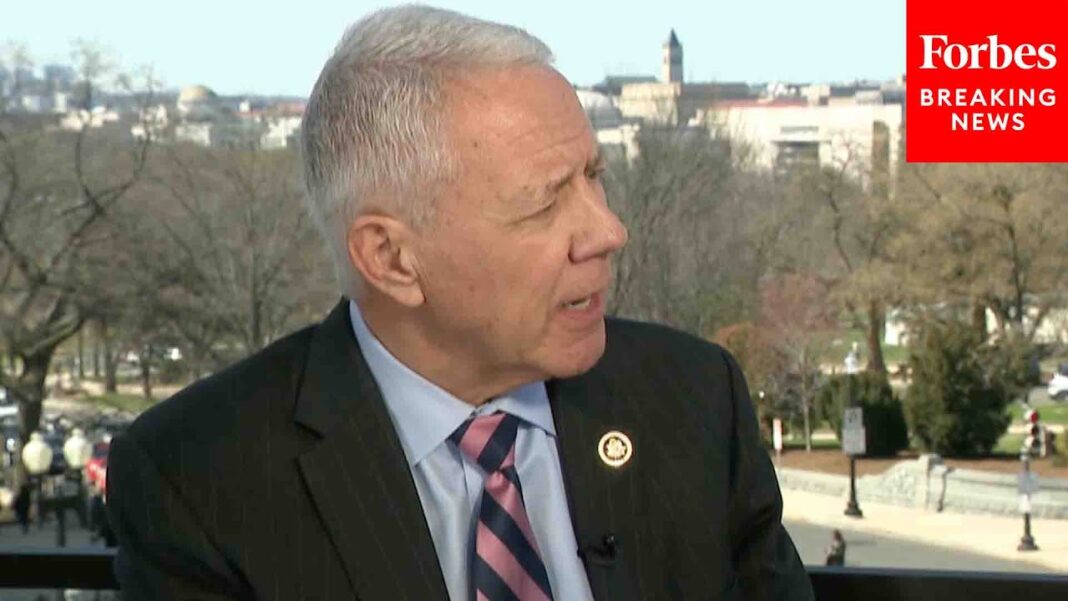‘TikTok’s time in the United States is over unless it ends its relationship with CCP-controlled ByteDance,’ says Rep. Mike Gallagher.
The House of Representatives has passed a bill that could ban TikTok from the United States and grant the president sweeping new authorities to target foreign companies in the United States.
The Protecting Americans from Foreign Adversary Controlled Applications Act was passed in a bipartisan 352–65 vote on March 13; 197 Republicans and 155 Democrats voted in favor of the bill, while 50 Democrats and 15 Republicans voted against it. One Democrat voted “present.”
The bill would legally require social media giant TikTok to divest from its China-based parent company, ByteDance, or face a ban on U.S. app stores and hosting services.
The bill will now go to the Senate, and President Joe Biden has vowed to sign it into law if it passes the upper chamber.
Since being introduced on March 5, the bill has sped through the congressional approval process, receiving a rare unanimous approval from the House Energy and Commerce Committee two days later.
Rep. Mike Gallagher (R-Wis.), chairman of the House Select Committee on Strategic Competition with the Chinese Communist Party (CCP), said at the time that the bill was necessary to combat the regime’s influence in the United States.
“This is my message to TikTok: Break up with the Chinese Communist Party or lose access to your American users,” Mr. Gallagher said in a prepared statement.
“TikTok’s time in the United States is over unless it ends its relationship with CCP-controlled ByteDance.”
Some security analysts have said that TikTok could be weaponized against U.S. citizens through predatory surveillance practices, censorship, and the promotion of state-backed propaganda.
To counter that threat, the bill would create a process for the president to classify social media apps under the influence of certain foreign nations as hazards to national security and prohibit them from operating unless they transfer ownership to U.S. companies.
The bill would allow the president to force the divestiture of any social media company that is based in China, Iran, North Korea, or Russia and has more than a million users.
Read Full Article on TheEpochTimes.com







